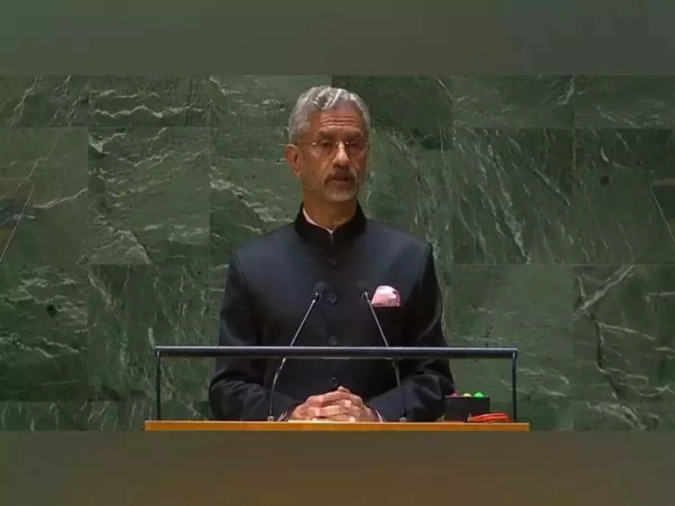India’s Foreign Minister, S. Jaishankar, has strongly responded to Canadian Prime Minister Justin Trudeau’s allegations that India was involved in the killing of a Khalistani terrorist. Jaishankar emphasized that this accusation does not align with the official policy of the Indian government. India has conveyed its willingness to review specific and relevant information in this matter.
Trudeau’s claim, suggesting Indian involvement in Hardeep Singh Nijjar’s killing, has led to significant tensions between India and Canada. Diplomats from both countries were expelled, marking a rare diplomatic crisis.

Speaking at the Council on Foreign Relations in New York, Minister Jaishankar stated that India had informed Canada that such extrajudicial killings were not the government’s policy and that they were open to examining specific and relevant evidence.
In addition to addressing Trudeau’s allegations, Jaishankar expressed concern about threats and attacks on Indian diplomats and consulates in Canada. He highlighted that India had shared information about organized crime leaders operating within Canadian territory, including extradition requests and the identification of terrorist leaders.
This escalating tension between India and Canada stems from Trudeau’s allegations related to the June killing of Hardeep Singh Nijjar. India rejected these claims as “absurd” and called on Canada to reduce its diplomatic presence, accusing it of sheltering terrorists who pose a threat to India’s sovereignty.


